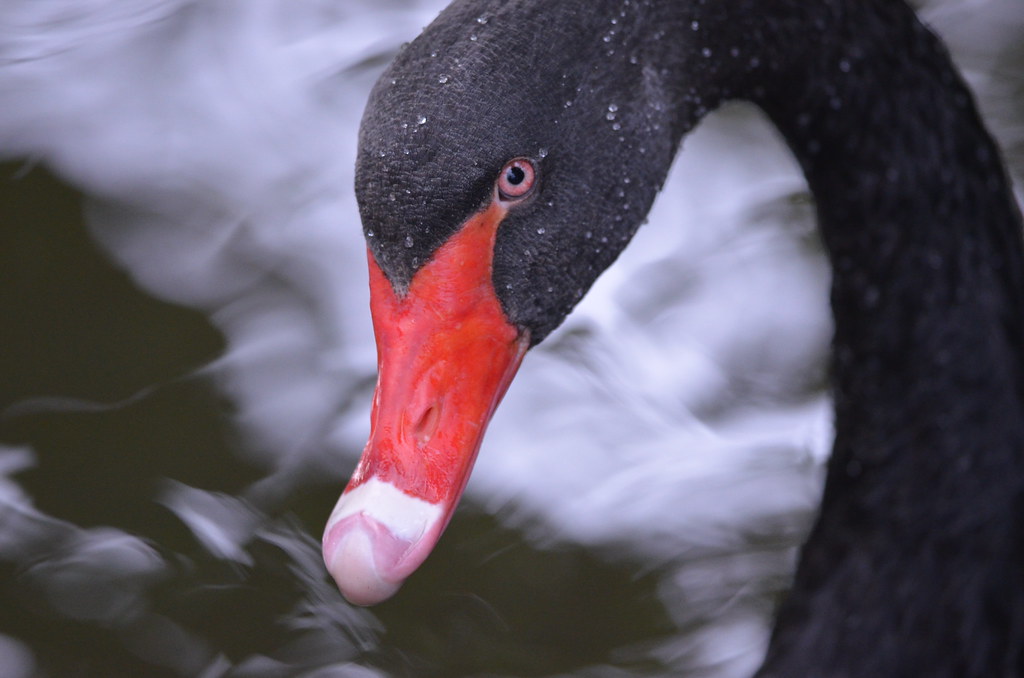Welcome back to our weekly reading roundup!
As long as you’re here, why not subscribe to the Global Comment podcast on iTunes or Soundcloud for interviews with thoughtful and creative people?
And hey: Much like public radio, we’re listener supported. If you enjoy our work, please consider supporting us with a one time or recurring donation.
The Politics of UFOs (Anna Merlan for Longreads)
In the past few years the UFO world has been afflicted by the kinds of conspiratorial cracks that have appeared throughout American culture: Who can be trusted? What is true? What constitutes an acceptable standard of proof? Who is a spy, a plant, an agent? Is the government engaged in covert actions to disrupt communities it deems dangerous?
Olympic Cyclist Kelly Catlin Seemed Destined for Glory. Then She Killed Herself. (Juliet Macur for the New York Times)
Suicide is much more complicated than lab results can reveal and multiple factors, like destabilizing life events, brain chemistry and persistent mental struggles, almost always come into play.
A Tale Of Two Suburbs (Clare Malone for FiveThirtyEight)
For Cleveland suburbs, Shaker and Parma have little in common other than that, until recently, Democratic presidential candidates could count on their votes. But in 2016, Parma voted for Donald Trump, and Shaker didn’t. To Clevelanders, this split followed a certain logic. Shaker and Parma have long been of different tribes, though the same political party.
Millions Are Obsessed With Vine Compilations on YouTube. Now There’s a Battle Brewing Over Who Should Get Paid (Julia Glum for Money)
In trying to explain his dark sense of humor, Estela unwittingly stumbled upon a battle brewing over Vine clips, YouTube, and who deserves payment. There’s an entire generation of young people obsessed with producing, watching, and referencing Vine compilations like Estela’s, but the original creators still want credit—and ad revenue—for clips they made years ago. As view counts continue to climb, both Viners and YouTubers are facing big questions about income and ownership.
The Curious Tale of the Salish Sea Feet (Kea Krause for Longreads)
But bodies, not bottles, have provided some of the oldest forms of oceanographic data, and the parts that have and continue to wash up on the shores of the Salish Sea carry information as well. Beyond the forensic, the feet send a message: To love the ocean is to accept the death that accompanies it, and to study it is to embrace mystery as the center of your practice. Beachcombers aren’t necessarily bored or aimless. They are active ambassadors — listening to the sea’s many messages.
Photo: Noel Reynolds

